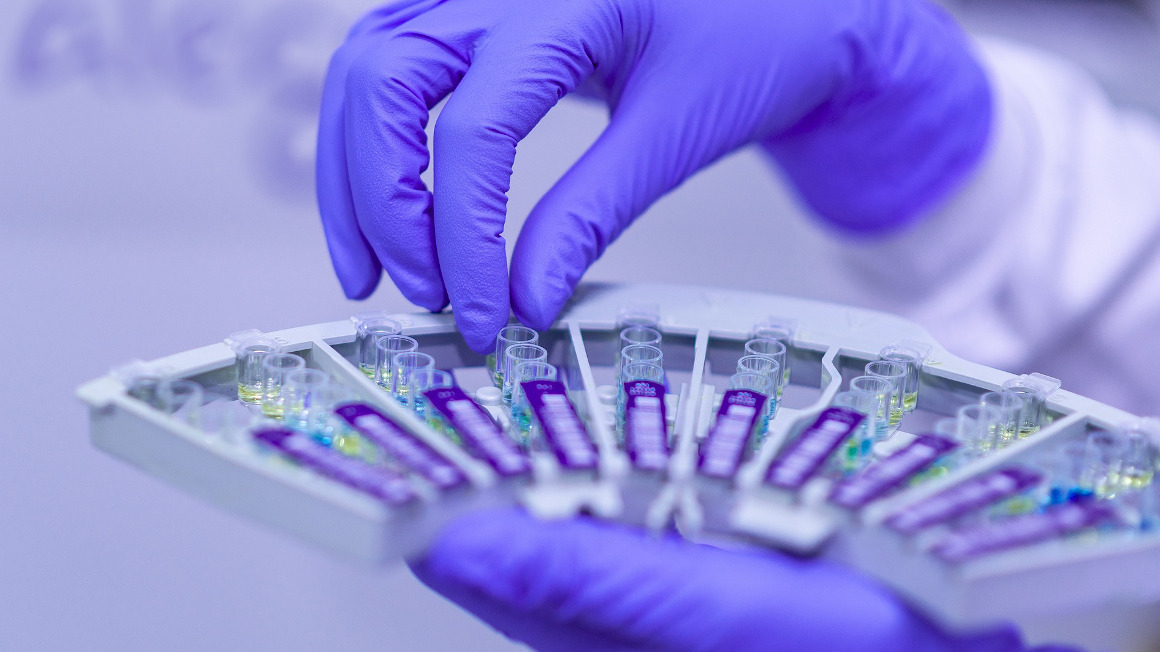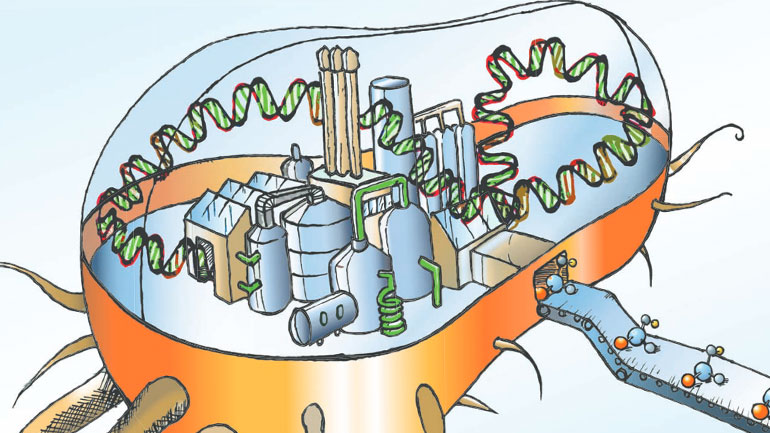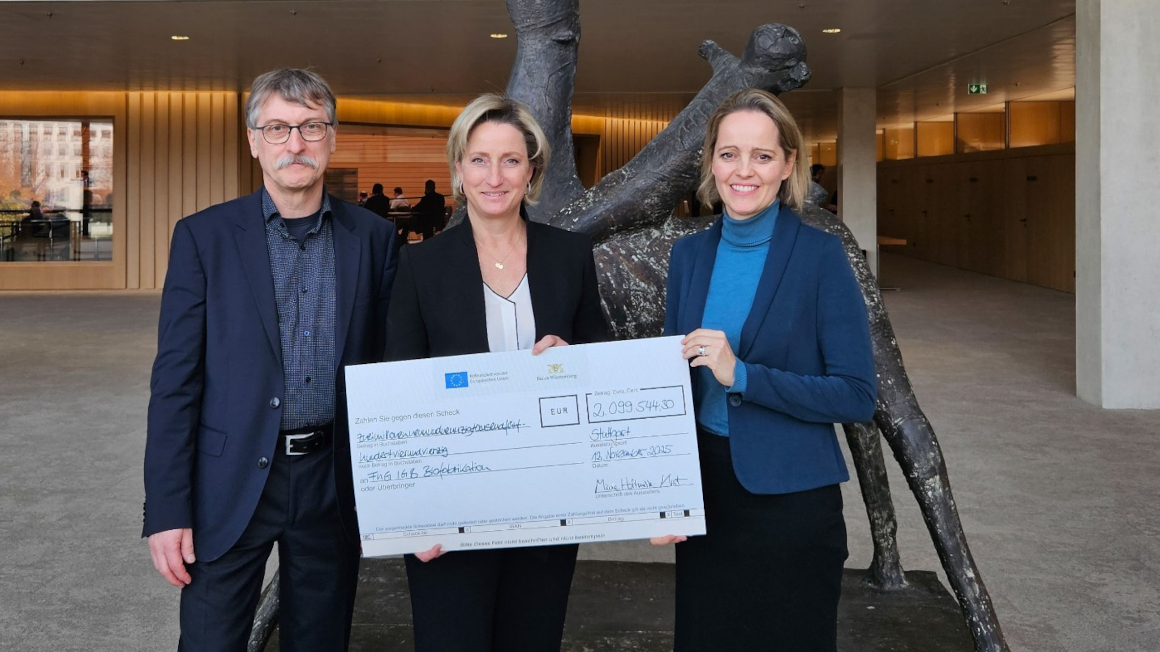Making greater use of the innovation potential of industrial biotechnology
In a position paper, the industry association BIO Deutschland calls for measures to accelerate the implementation of bioeconomic activities in the industry. Market entry for bio-based products must also be made easier.

Whether in food and agriculture, medicine, the chemical, cosmetics or pharmaceutical industry: biotechnology offers enormous innovation potential for many sectors. At the same time, industrial biotechnology in particular opens up ways for sustainable and resource-conserving economic activity and is therefore a key pillar of the bioeconomy. But what does it look like in practice? According to experts, Germany is lagging behind internationally in the industrial application of biotechnological processes. The industry association BIO Deutschland has now proposed a set of measures to ensure that the bioeconomic transformation succeeds and the sustainability goals set by the EU and the United Nations are achieved.
"We have excellent research in the field of industrial biotechnology in Germany. However, as in many other areas, there is a problem with the transfer from laboratory to industrial scale," says Christine Lang, Co-Head of BIO Deutschland's Industrial Bioeconomy Working Group and former member of the Bioeconomy Council. According to Lang, there are many reasons for this. "We therefore need to use various levers to ensure we don't lose touch and our sovereignty in this future field."
Including the ecological footprint when comparing products
In the current position paper titled "Doing business with biology", the industry association makes recommendations for action "to counteract market failure and ensure the future viability and competitiveness of the German economy". "It would be important to include all costs incurred when comparing bio-based products with traditional fossil-based products, including the ecological footprint. This would make the advantage of the new products more visible," argues Lang.
New general conditions for promoting innovation
It is not only the advantages of using innovative technologies for the economy and society that should be emphasized more strongly. Biotechnological innovations must also be promoted through "clear general conditions for new technologies". To this end, laws at national and European level that are relevant to biotechnological manufacturing processes and bio-based products must be consistently revised, according to the position paper.
Another measure is the faster implementation of bioeconomic approaches in industry - for example through the long-term funding of pilot plants and the development of prototypes. Massive support is also required for the development of new manufacturing processes for biotechnological products and preliminary products and the establishment of the necessary value chains. "We also need a market pull, of course. This means that there must be binding rules for the ingredients of new products, such as in the form of admixture quotas and material specifications," says Lang.
Creating legal opportunities for financial intermediaries
In addition, the experts from BIO Deutschland recommend the creation of legal opportunities and tax incentives for corresponding biotechnological investments. "In order to bring our biotechnological innovations to the market and to promote innovation, we also need capital. Above all, we need more venture capital for the growth phases of promising young companies. That's why we need to create legal opportunities for German and European capital collectors to invest more in this asset class," says Jörg Riesmeier, also Head of the AG at BIO Deutschland.
Mit Biologie wirtschaften
The current position paper "Doing business with biology" can be downloaded (only in German) free of charge from the BIO Deutschland website.
According to the association, this also requires a "clear and coherent" commitment from the federal government and the responsible federal ministries "to the central importance of biotechnology in the implementation of bioeconomy strategies". The association also believes that dialog with society and a clear commitment to the transparent presentation of innovative technologies and products should be supported.
bb/pg


